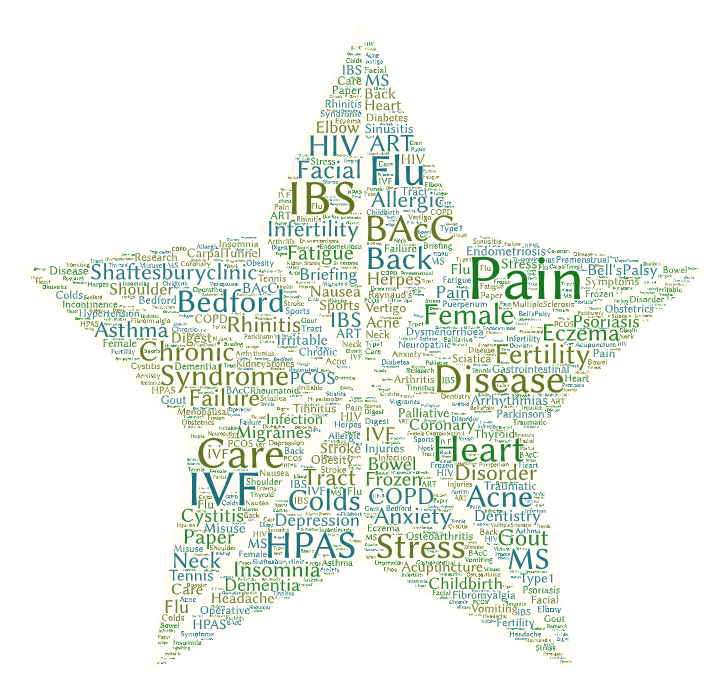Page still under construction
Important to know: Chronic health conditions should be addressed under direct medical supervision of your GP or consultant, and acupuncture would be an adjunct or complement to usual care – we advise that you let you doctor know when you use this approach.
About the research: It is worth noting that in research, randomised controlled studies (RCT) are the most reliable in terms of quality of evidence, with a systematic review or meta analysis of numerous studies being the best way of seeing the overall picture of the state of the evidence. Below we have a selection of the available research, which does include some larger RCTs, and reviews of the literature alongside smaller studies. The n= figure tells you how many people were participants in the study.
Fatigue Study in RMMS
Khodaie et al’s RCT (2023: N=60) investigated acupuncture for fatigue in patients with relapsing-remitting MS (RRMS) in remission phase. They compared the effects of the drug amantadine alone, with amantadine with acupuncture, between two groups. Both groups took amantadine 100 mg every day and standard immune-modulating drugs. One group received acupuncture (10 sessions in 4 weeks) in addition, and the other group did not. Fatigue severity scale (FSS) was used, alongside MSQOL-54 questionnaire score (Quality of Life measure). Both groups had less fatigue, but the acupuncture group had more improvement after 4 weeks; the acupuncture group also had better quality of life, than did the control group. The results suggest that acupuncture with amantadine and standard care is better than amantadine and standard care alone for short-term relief of fatigue and quality of life in people with RRMS.
Anti-Inflammatory and Immune Effects of Acupuncture
Wang et al (2023) reviewed evidence from animal and human studies regarding the immunomodulatory mechanism of acupuncture, regarding its effects on different components of the immune system, such as mast cells, macrophages, neutrophils, natural killer cells, astrocytes, microglia, CD4+ and CD8+ T cells, and cytokines. They detailed the neuroanatomical mechanisms of acupuncture in immunomodulation, such as the vagal-adrenal pathway, the cholinergic anti-inflammatory pathway, the spinal sympathetic pathway, the brain-gut axis, and the hypothalamus-pituitary-adrenal axis. They concluded that studies to support the role of acupuncture in regulating inflammation, infection, allergy, pain, and tissue repair.
Electroacupuncture (EA) has been shown in a rat model (Li et al, 2008) to have anti-inflammatory benefits by modulating the hypothalamic-pituitary-adrenal (HPA) axis, (HPA axis regulates the stress response and immune function). Specifically, Li et al outlined that EA sets off a cascade in the brain (via corticotropin-releasing hormone, and adrenocorticotropic hormone) to produce cortisol, which reduces inflammation and oedema.
References:
Khodaie, F., Naser Moghadasi, A., Kazemi, A.H. and Zhao, B., 2023. Effectiveness of acupuncture for fatigue in patients with relapsing-remitting multiple sclerosis: a randomized controlled trial. Acupuncture in Medicine, p.09645284221150824.
Li, A., Lao, L., Wang, Y., Xin, J., Ren, K., Berman, B.M., Tan, M. and Zhang, R., 2008. Electroacupuncture activates corticotrophin-releasing hormone-containing neurons in the paraventricular nucleus of the hypothalammus to alleviate edema in a rat model of inflammation. BMC Complementary and Alternative Medicine, 8(1), pp.1-8.
Wang, M., Liu, W., Ge, J. and Liu, S., 2023. The immunomodulatory mechanisms for acupuncture practice. Frontiers in Immunology, 14.

